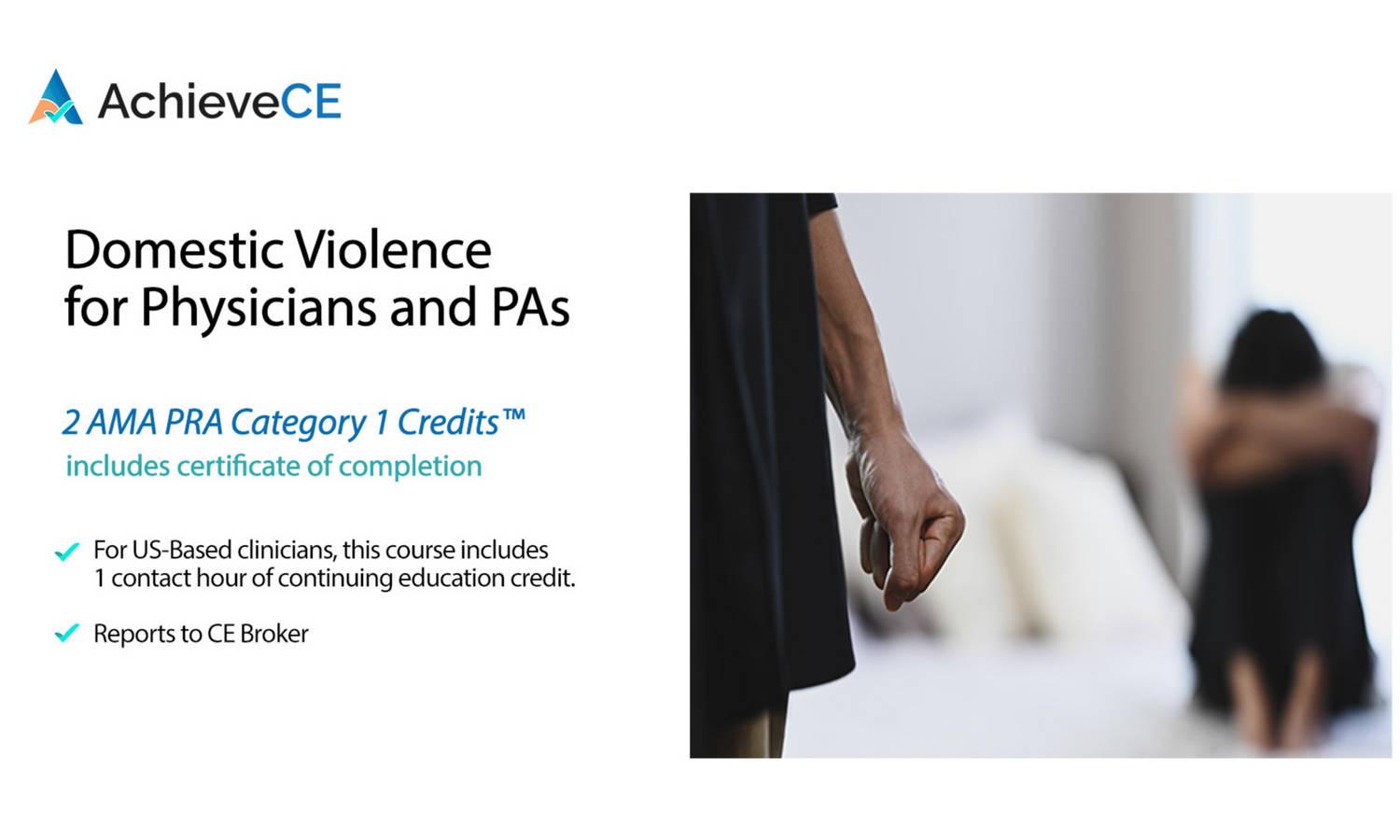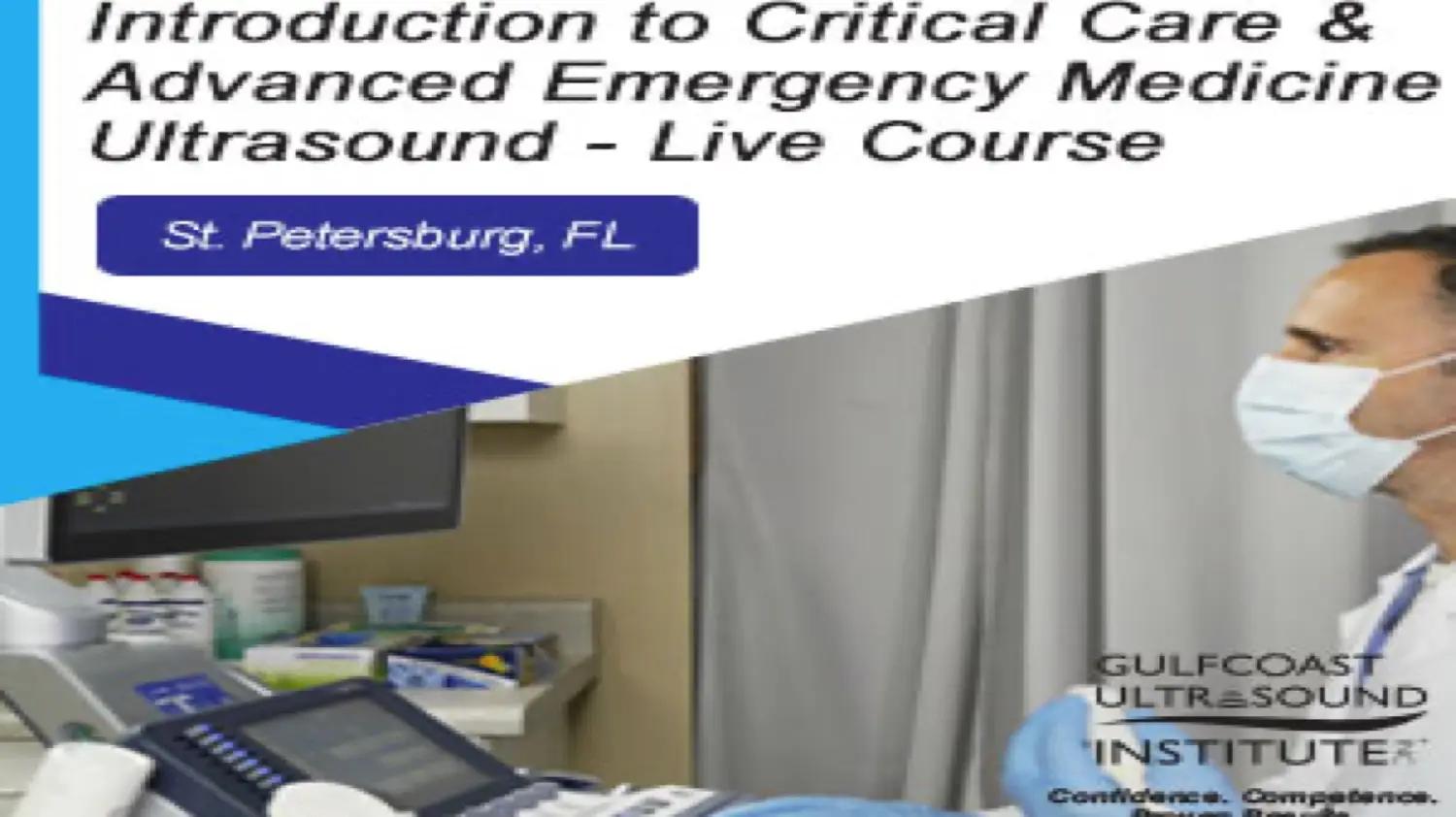
Dermatology For Primary Care (Dec 21, 2022 - March 01, 2025)
 hosted byAmerican Seminar Institute (ASI)
hosted byAmerican Seminar Institute (ASI)


Dermatology For Primary Care is organized by American Seminar Institute (ASI) and will be held from Dec 21, 2022 - Mar 01, 2025.
Date of Original Release:
Date of Credit Termination: March 1, 2025
Series 3 (DERMPC3): Reinforce Your Fundamental Knowledge of Dermatology
This CME program offers a broader approach to treating patients with dermatology needs on an ongoing basis, stressing practical problem-solving and disease management. Focused on total patient care — from diagnosis of common skin conditions and lesions, to developing a treatment plan and establishing skin care management — Dermatology for Primary Care faculty will:
Define fundamentals of the dermatologic exam, using real-patient photography to illustrate skin conditions from common acne and eczema to melanoma and other skin cancers
Pull from real-patient examples to demonstrate common patterns of presentation
Discuss how to approach patients who don’t improve and what adjustments to make when conditions change
Course Topics
• Cutaneous Signs of Systemic Disease
• Dermatology Lexicon-morphology, Configuration, and Distribution
• Dermatologic Emergencies in the Clinic
• Atopic Dermatitis and Other Eczematous Disorders
• Urticaria and Angioedema
• Psoriasis and Psoriasiform Dermatitis
• Practical Management and Treatment Pearls-acne, Rosacea, and Hidradenitis Suppurativa
• Benign and Malignant Cutaneous Tumors
• When to Worry-adverse Cutaneous Drug Eruptions for Primary Care Provider
• Bacterial Skin and Soft Tissue Infections
• Fungal Skin and Soft Tissue Infections
• Viral Infections, Stds, and Cutaneous Manifestations of Hiv
• Bites, Stings, and Other Infestations
• Hair Loss Disorders in Primary Care
• Genital Dermatology
• Pediatric Dermatology for the Primary Care Physician
• Common Dermatologic Conditions in Skin of Color.
Course Objectives:
After viewing this activity, participants will demonstrate the ability to:
• Discuss their scope of knowledge of basic and clinical dermatological science
• Recognize areas of weakness in their knowledge of dermatology to achieve improvements
• Evaluate and diagnose common dermatology entities
• Identify which dermatologic presentations require external referrals
• Express commitment to lifelong learning and self-assessment.









